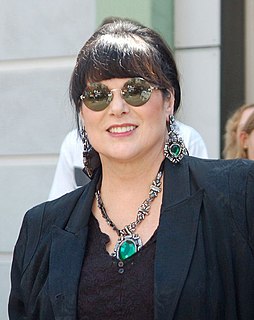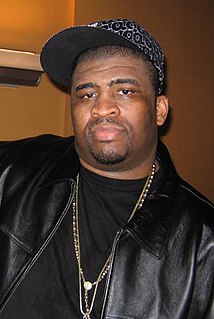A Quote by Alex Gibney
In the U.S., hospitals are rewarded for keeping hospital beds full. That's the market at work. The question is: should we work for the market, or should the market work for us?
Related Quotes
What is it about a work of art, even when it is bought and sold in the market, that makes us distinguish it from . . . pure commodities? A work of art is a gift, not a commodity. . . works of art exist simultaneously in two “economies”, a market economy and a gift economy. Only one of these is essential, however: a work of art can survive without the market, but where there is no gift, there is no art.
The Middle East would always be an important trading partner in just a market sense, like America is a big market for us, Asia is a big market, Europe is a big market. You are going to have hundreds of millions of consumers there, from just a standard market point of view, from a very narrow American point of view.
An old market had stood there until I'd been about six years old, when the authorities had renamed it the Olde Market, destroyed it, and built a new market devoted to selling T-shirts and other objects with pictures of the old market. Meanwhile, the people who had operated the little stalls in the old market had gone elsewhere and set up a thing on the edge of town that was now called the New Market even though it was actually the old market.
I believe in market economics. But to paraphrase Churchill - who said this about democracy and political regimes - a market economy might be the worst economic regime available, apart from the alternatives. I believe that people react to incentives, that incentives matter, and that prices reflect the way things should be allocated. But I also believe that market economies sometimes have market failures, and when these occur, there's a role for prudential - not excessive - regulation of the financial system.





































